
Hypertrophic cardiomyopathy (HCM) occurs when the heart muscle becomes thick or hypertrophied. In this condition, the heart has to work harder to pump the blood due to outflow obstruction.
Causes of Hypertrophic Cardiomyopathy
Hypertrophic cardiomyopathy can often affect one part of the heart more than other parts (asymmetrical). The condition can be inherited. It occurs due to mutation in the gene that causes heart muscle to grow abnormally thick. Hypertrophic cardiomyopathy can also be acquired because of high blood pressure or aging process. The condition can be seen in people of all ages but younger individuals usually suffer from more severe form of HCM. Males and females are equally affected.
Symptoms of Hypertrophic CardiomyopathyIn mild cases of hypertrophic cardiomyopathy symptoms may not be present or may appear after several years. The symptoms may range from mild to severe. They commonly include shortness of breath, chest pain, lightheadedness and fainting especially with exertion. Heart palpitations, hypertension (high blood pressure), dizziness and fatigue are also common with hypertrophic cardiomyopathy. The condition may cause heart failure in some patients. In younger patients, the first symptom of hypertrophic cardiomyopathy is often sudden collapse with possible fatal outcome. In fact, hypertrophic cardiomyopathy is leading cause of death in young athletes that die during strenuous exercises though otherwise appear healthy. It can be due to abnormal heart rhythm (arrhythmia) or blood clot that prevents the blood leaving the heart and flowing to the rest of the body.
Diagnosis of Hypertrophic Cardiomyopathy
Hypertrophic cardiomyopathy can be followed by heart murmur (abnormal heart sounds) that can be noticed during physical exam when a doctor listens to the heart and lungs with a stethoscope. A doctor may also check the pulse in the arms and neck. The most common test to diagnose hypertrophic cardiomyopathy is electrocardiogram (ECG) which can enable the expert to see thickening of the heart muscle, obstruction of blood flow and abnormal heart valve function. The echocardiogram allows precise measurement of the heart thickness and can detect leaky heart valves. Other diagnostic tests include: Chest X-ray, cardiac catheterization, Holter monitor to detect abnormal heart rhythm, echocardiography with Doppler ultrasound. MRI scan of the heart, transesophageal echocardiogram, and blood tests need to be done to rule out other conditions.
Treatment of Hypertrophic Cardiomyopathy
Treatment for hypertrophic cardiomyopathy aims to relieve the symptoms and prevents complications but changes of the heart muscle cannot be reversed. Medications are often prescribed to slow the heart rate and relax the muscle so that it can pump blood more efficiently. They include beta-blockers and calcium antagonists, which can also treat chest pain, palpitations and shortness of breath. Blood thinners are given to prevent blood clotting. Pacemakers can be also placed to maintain regular heartbeat. Surgical myectomy is treatment used in case of severe obstruction of blood flow out of the heart. In the procedure, a surgeon removes a segment of thickened heart muscle. Valve replacement is required if the mitral valve is affected. Alcohol septal ablation is a relatively new technique that involves injection of alcohol into the arteries which supply the thickened part of the heart causing it to become thinner.


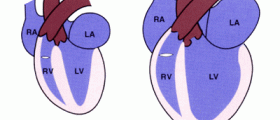
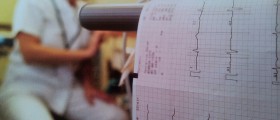
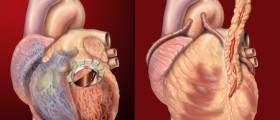

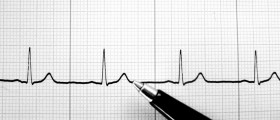





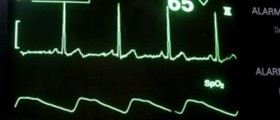



Your thoughts on this
Loading...